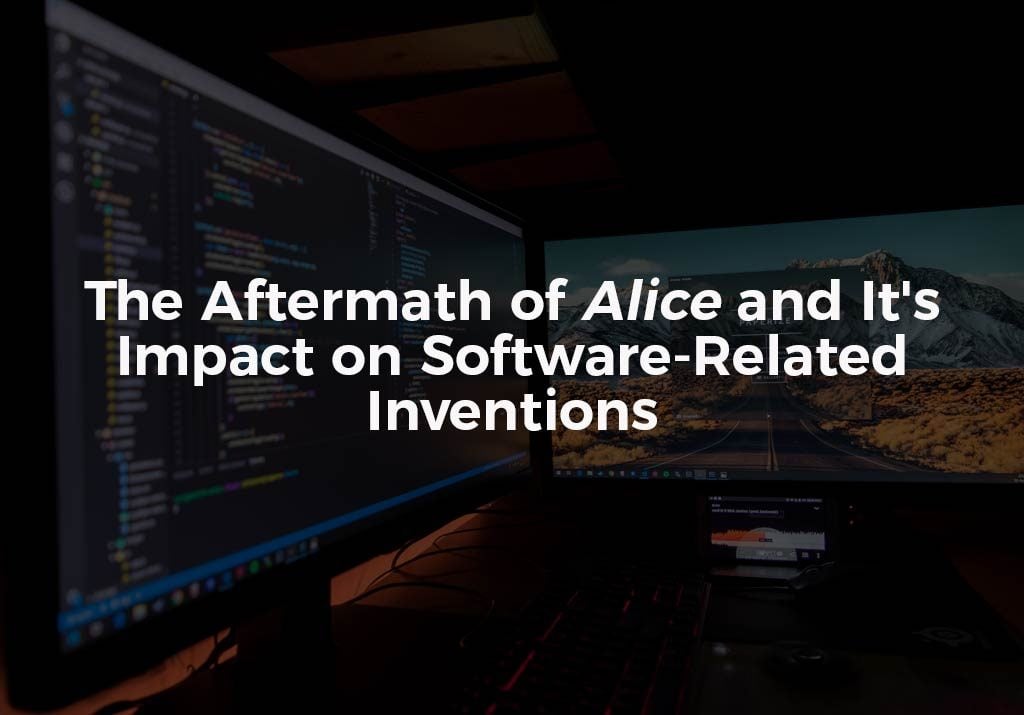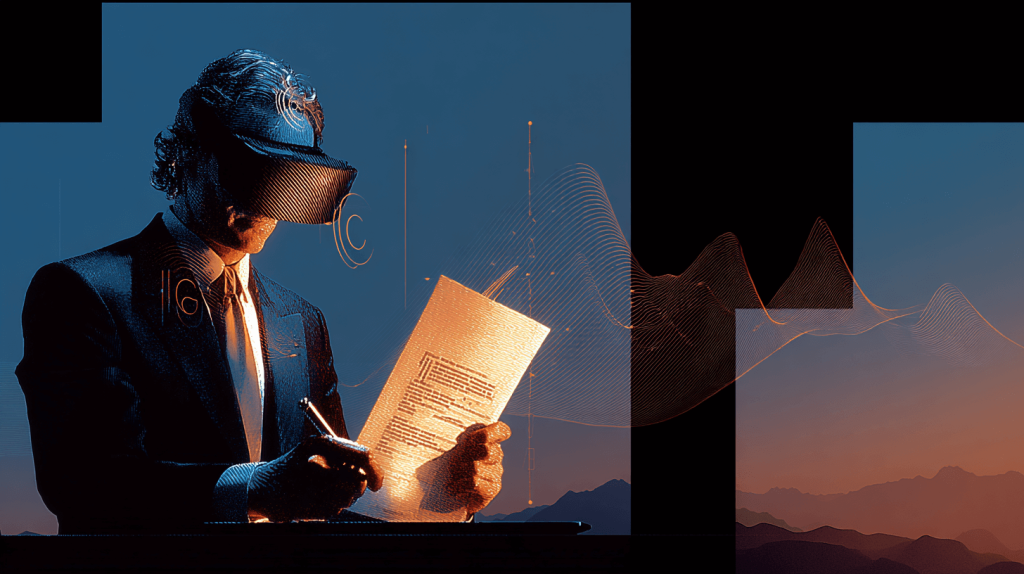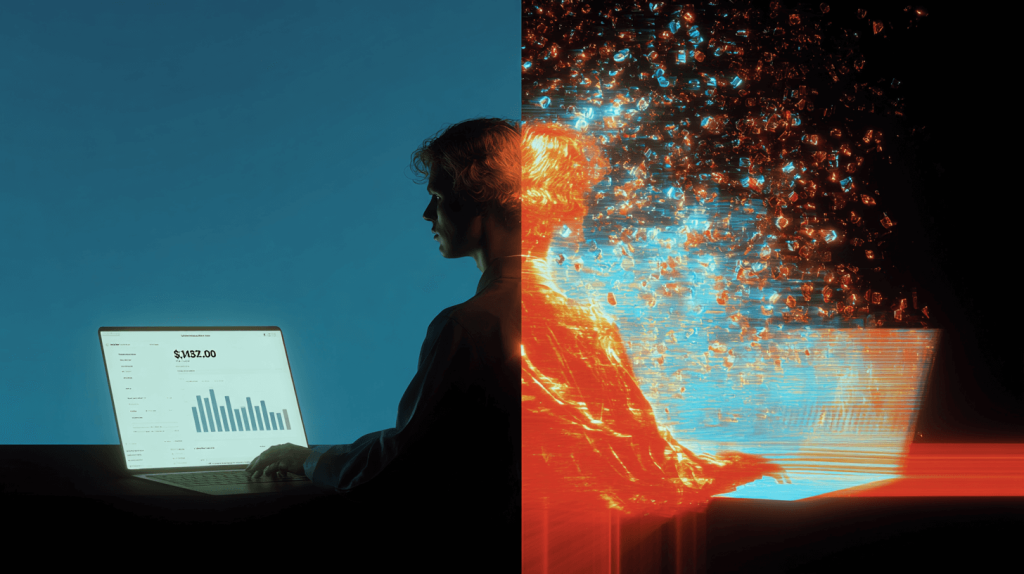The Supreme Court’s 2014 ruling in the case of Alice Corp. v. CLS International caused the software developers’ world to rethink how they develop products and how those products can be patented. The case involved Alice Corporation, a software company that created and patented programs for financial trading systems. The software created a computerized escrow arrangement that mitigated settlement risk. CLS International used similar technology for its financial trading systems, leading to a lawsuit between the parties, with Alice Corporation claiming patent infringement.
Abstract Ideas Are Not Patent Eligible
Patent law does not protect “abstract ideas,” therefore abstract ideas are not patent eligible. The Supreme Court has long explained that an idea, by itself, is not a patentable item; however, the implementation of an idea may be patentable. Often, it is easy to determine whether something is an idea (abstract) or it is an implementation. But when it comes to software and software implementation, it is sometimes more difficult to discern.
The law is clear that patentable items are either a process, a machine, a manufacture, a composition of matter, or improvements thereof. An abstract idea does not fall under any one of these patent eligible categories. Software patents are usually obtained for the process by which software works on a computer or the process of how the software interacts with a computer.
Supreme Court’s Analysis of Alice
In hearing the case, the Supreme Court ruled unanimously that Alice Corporation’s patents on the escrow technology were not valid patents, because they were directed to an abstract idea, rather than to patent-eligible subject matter, such as a process, a machine, a manufacture, a composition of matter, or improvements thereof. As a result, CLS International did not infringe on Alice’s patents.
The Court’s analysis focused on whether the escrow technology qualified as an idea or as the implementation of an idea. Creating an escrow account to mitigate settlement risk, by itself, is an abstract idea that cannot be patented. The question is whether placing that idea into a computer converted the idea into an implementation of the idea and thus into patentable subject matter.
The Supreme Court ruled that it is not patentable and is considered an abstract. The Court applied the test set out in Mayo:
- There must be a determination of whether the claims are directed to the patent-ineligible concepts—that is, laws of nature, natural phenomena, and abstract ideas;
- If the answer is yes, the question is whether there is an element or combination of elements that is ‘sufficient to ensure that the patent in practice amounts to significantly more than a patent upon the [ineligible concept] itself.’ In answering this question, the elements of the claim must be considered both individually and ‘as an ordered combination to determine whether the additional elements transform the nature of the claim’ into a patent-eligible application.
Alice Corporation’s computerized escrow arrangement that mitigates settlement risk is an abstract idea. Merely placing that idea onto a computer does not make it patent eligible. Individually, each step did not produce anything beyond an abstract idea. The combination of the elements take it no further. Therefore, it is not patent eligible.
Software Must Be More Than An Abstract Idea To Be Patent-Eligible
As such, a software developer creating a software product needs to be careful with respect to what is considered patent eligible. Simply taking an idea and putting the idea on a computer screen won’t make the invention patent eligible without more. A stronger, computer-functionality based on an abstract idea is more likely to be patentable. Software developers continue to develop products that are used in business and at home. The Alice ruling requires a higher level of creating in order to get a patent on software-related inventions.
When you need to seek patent protection as part of your IP strategy for software-related inventions, the professionals at The Rapacke Law Group are ready to help. Reach out to us today to see how we can be of service to you.




